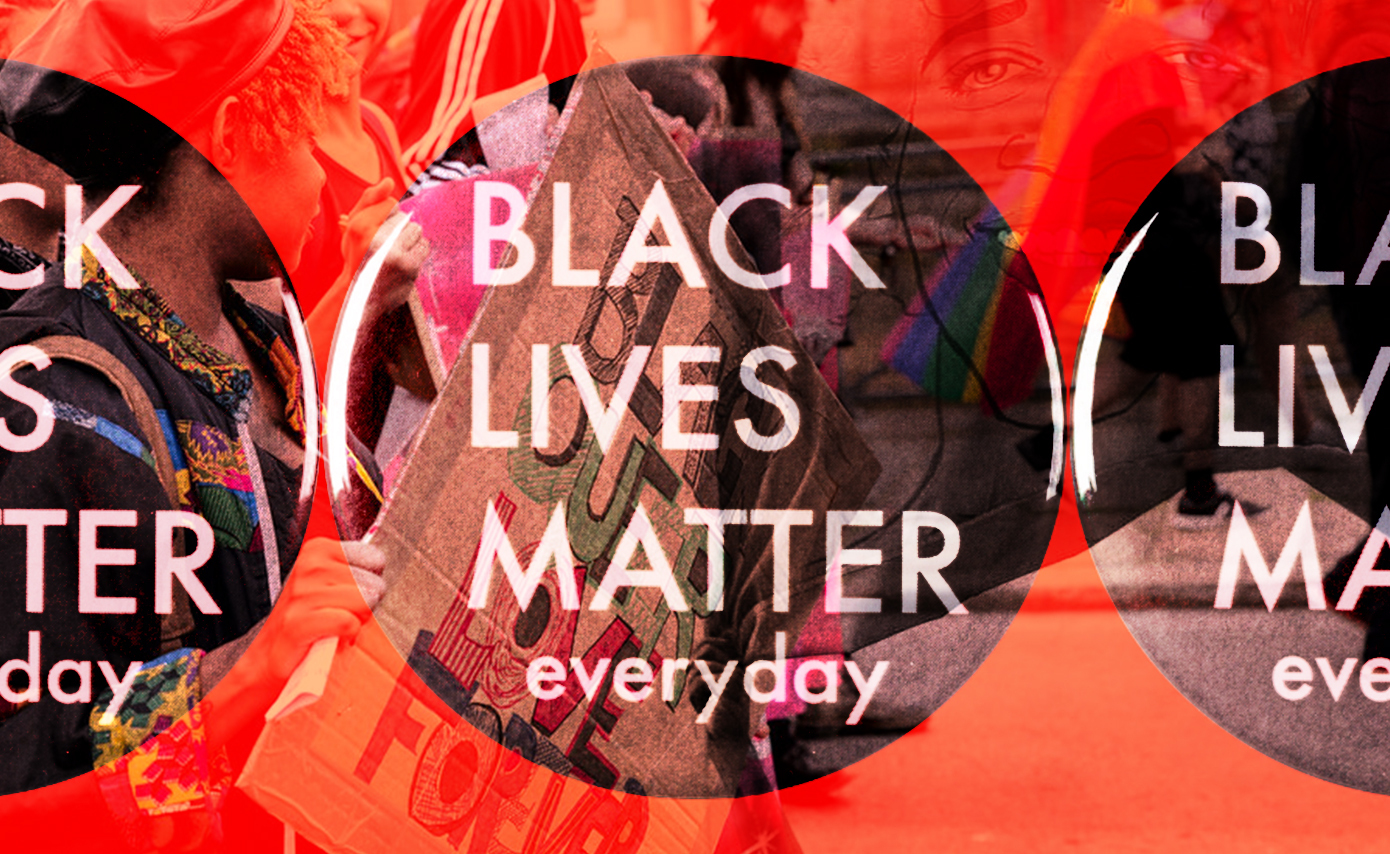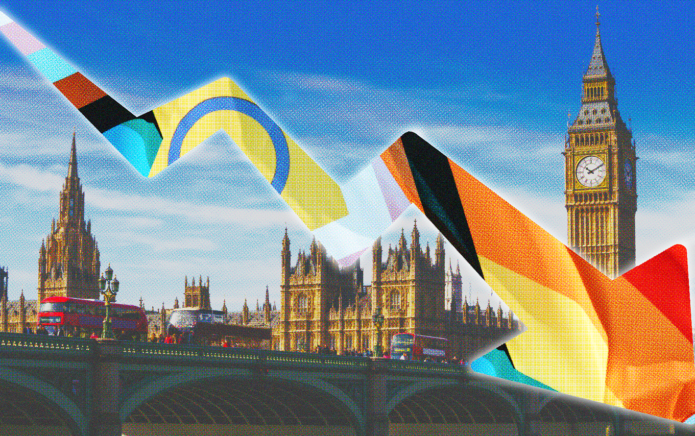
When it comes to the Black Lives Matter movement or confronting the realities of police brutality, many of us sideline these as an injustice that only occurs in the United States, but that’s not the case. Black queer lives are endangered daily here in the UK too. This isn’t a cause with borders and it’s a topic we should all openly turn towards, acknowledge and strive to pro-actively change. Communities aren’t bettered by the tokenistic placement of black postboxes, but rather by unmistakable calls to action.
Here’s a list of nine ways to support that Black queer community.
1. Make a local difference
Change often starts from the ground up. If we’re unhappy with new regulations or governmental repeals, it’s important to put pressure on local government MPs to ensure your issues are heard. Email, call, or even write a letter and increase your chance of having pressing issues being discussed in parliament.
2. Raise your voice
During a pandemic, protesting is not as easy as it once was. While people have been bravely taking to the streets to visibly denounce the blatant injustices happening across the UK and US, we have to be mindful that the BAME community is at greater risk when it comes to Covid-19. But hope is not all lost. You can show your support for the cause in a number of ways, including reposting news pieces on social media, stirring up conversations about what’s happening, or organising hangouts to share key resources.
3. Share the resources
On the topic of taking things online, social media has made it easier than ever to share posts, message boards, petitions, threads, or charity events hosted or in support of Black LGBTQ+ people. Many of these outlets will include donation pages and benefit from having their content shared to a whole new audience.
4. Donate your time
We all know the old fashion phrase ‘power to the people’ and it stands true. If charities are doing most of the legwork throughout the year, then everyday users can use their social media to repost what charities are doing, or even volunteer to help. While Covid-19 is still hanging around, things will likely be less hands on, but most charities will always need someone to help with admin, organising, or even getting more people involved in spreading support for the Black LGBTQ+ community.
5. Know your stuff
This point might be just over halfway through our list, but it’s possibly one of the most important factors — know your facts and dates. Nothing falls apart quicker than a campaign or call to action without the right information. Go to your local bookstore and you’ll find a range of LGBTQ+ literature exploring intersectionality, history, and queer global issues. You can wear t-shirts and share Instagram posts, but if you don’t know your information, you risk trivialising the entire issue.
6. Follow the trailblazers
Surrounding yourself with books galore is vital, but keeping up with the news is also a must. Follow outspoken figures in the community. The high-profile speakers like Munroe Bergdorf and Shea Couleé are invaluable voices to listen out for. That said, don’t risk limiting your intake of information to just celebrities — focus on your grass-root activists too. Find people in your local or online communities and support their livestreams, Tik Tok posts, or petitions and, if you can afford to, donate to their pages too.
7. Support Black LGBTQ+ businesses
Speaking of donating, money can go a long way in securing the future of a Black LGBTQ+ business and brands. You might be thinking this sounds a little capitalistic, but brand visibility is also hugely important. We are all here to see Black queer creators and business owners thrive, so ditch your chain coffee and clothing and get involved with an outlet that supports a cause and makes a difference to someone’s life.
8. Engage with Black and queer media
So, yes, we did already mention Black queer literature. Reading Alice Walker’s A Color Purple and a good share of British queer poet Jay Bernard will enlighten you, but there’s always space to widen your knowledge. British Black queer media isn’t as publicised as you might think. Support, circulate and repost about these platforms. AZ Magazine and gal-dem are great places to start.
9. Visibly champion your Black queer friends
Check in on your friends, family and close network and see if they need any support. Black History Month should stand as a reminder that we need to continue to be strong allies for those around us. So, if you can, support your friend’s upcoming business, share their posts, and actively listen to what they have to say. Only then, we can say we are doing our best to support the Black LGBTQ+ community.



